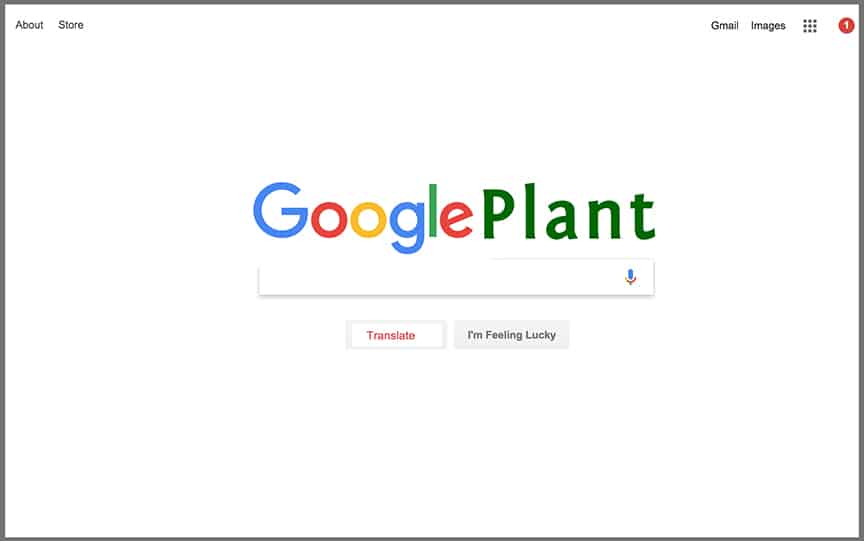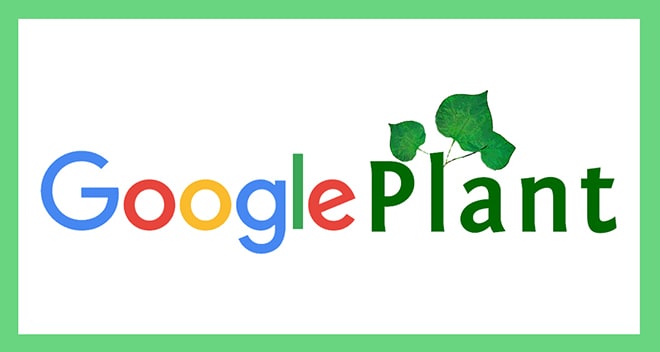It has been well known that plants communicate with each other through the release of volatile organic compounds, along with various chemicals and pheromones. Additionally, plants pass information through an extensive network of soil fungi. But until recently there was no correlation between these forms of interaction and human speech. But the many years of research done by a team of Google software engineers and botanists at Cornell University in Ithaca, NY, recently resulted in an astonishing breakthrough. Last summer the team proudly announced the completion of Google Plant, the first plant-to-English translation service.
When the Google Plant webpage is opened, special sensors take in the chemical amalgams released by plants and translate these compounds into human speech. Although only selected computers are outfitted with these sensors at this time, Google Plant has been successfully tested in several universities and by members of GWA: The Association of Garden Communicators.
“It took some time to get over our shock that the translation system actually worked,” said Dr. Lirpa Loof, who led the group of researchers from the School of Interactive Plant Science at Cornell . “But once we got used to hearing what the plants were saying to each other, we were frankly shocked at how banal it all was. I can’t tell you how many conversations we’ve recorded between oak trees who are arguing about which tree has the biggest nuts.”
Several of the programmers on the Google Plant team agreed. “One day we inadvertently left the system recording when we were out of the office,” recalls Foops Knarp, VP for Development at Google Plant. “When we came in the next day we heard hours of conversations between the houseplants we have in our cubicles and windows. It turns out they are really nasty gossips. They were ripping all the Google employees to shreds, criticizing everything from our hairstyles to our choices in footwear. I can’t bring myself to repeat some of their comments.” Knarp paused, overcome by emotion, before continuing. “I never knew a peace lily could be so mean.”
Garden writers, speakers and media hosts were similarly surprised. “I was hoping that this software would give me a fresh approach for my next book on perennial gardening,” reported Yad Sloof, who is a member of GWA. “But I discovered that the plants in my perennial garden are just constantly quarreling. The Nepeta was calling the hardy Hibiscus ‘a fatty with cheap, garish flowers,’ while the Echinaceas were taunting the Hemerocallis for being ‘one day wonders.’ I listened for an entire summer, and it was brutal.”
Other members of the Association of Garden Communicators report being personally devastated when using the Google Plant website. “I’ve been a vegan for several years,” one woman reported, on the condition that she could remain anonymous. “But one day I had Google Plant open when I started cooking dinner. Those vegetables cursed and screamed at me every time I chopped one, or put a veggie into the pan. I felt like a murderer. Now I don’t know what I’m going to eat.”
Several plants were contacted through Google Plant for their opinions on this article, but all responded with a very green “No comment.”

C.L. Fornari
Reporting from Cape Cod, Massachusetts


APRILFOOLS!